Romania gets a bad rap here, associated as it often is with organised crime. In recent years around half a million Romanians have settled in the UK, making them the fourth largest group of foreign-born residents. But the irony is that as Romanians head to Britain in search of a higher standard of living, we Brits should really be booking our flights to Romania to remind us of how our country once was.
Romania has everything: fascinating medieval towns, unspoilt countryside, vibrant major cities and a 150-mile coastline. There are even still horses and carts on the roads. But the appeal is more than that: it’s the spirit of the place. If you want to go back to 1988 or even 1978 then a Wizz Air flight east is like a time-machine.
Cluj-Napoca – or Kolosvar, to give it its Hungarian name (this part of Romania, Transylvania, was ruled by Hungary for several hundred years) – still has the old-fashioned speciality shops that have sadly vanished from our own high streets. In Strada Matei Corvin I find a watch repairer. A master craftsman wearing an eyeglass diligently repairs my wristwatch, puts in a new battery and fits a new strap for the princely sum of 70 lei (just over £12). I was quoted between £40 and £50 back home and told the job wouldn’t be worth doing.
Next door is an old-style tobacconist which reminds me of the one Ronald Colman goes into in the film Random Harvest and which helps stir his memory. The prices again are in stark contrast to the UK. A packet of 20 Camel yellows costs around £4, Sailor’s Pride pipe tobacco is about the same price, and large Cristales cigars, around £10 each in England, are just ten lei (£1.70).
Romania is old-style too when it comes to common courtesies. Everyone I approach for directions is kind and helpful and most go beyond the call of duty. No one is in too much of a hurry to talk; everyone seems to be on your side.
My first encounter with locals is at the bus stop into town just outside the airport. I ask two young female students how I purchase a ticket from the machine. I show them my ten lei note, but they are most concerned to check first that the machine will give me change. (Two tickets cost six lei, just over £1.)
A charming middle-aged lady checks on her phone to find out where the bus back to my hotel goes from after I lose my way, and even misses her own bus to help me. I ask a bus driver where the minibus to the Turda salt mine departs from, and instead of a quick ‘It’s over there’ brush-off he actually gets out of his seat, closes the door and walks down the road to show me. Later, another driver tells me not to validate my ticket. On Friday nights all public transport in Cluj is free.
Everywhere one looks in Cluj there are churches. Absolutely magnificent churches. The most famous, and most imposing, in the central Unirii Square, is the gothic St Michael’s Church, the second largest church in Transylvania. Inside I marvel at the baroque wooden carved pulpit, the beautiful windows and the vast nave, 50 metres long and 24 metres wide.
Romania is a staunchly Christian country, with more than 80 per cent of its population identifying as Eastern Orthodox and around 5 per cent as Roman Catholic. Its Christian heritage is reflected in its public holidays. Whitsun is still officially commemorated, and there’s a bank holiday on 15 August for Assumption Day.
You don’t have to spend long in the country or in the company of Romanians to discover that family ties remain strong. Parents and grandparents, children and grandchildren come before everything else. Note how the millionaire tennis star Emma Raducanu, whose father is Romanian, opted to recover from surgery at her beloved granny’s communist-era flat on the outskirts of Bucharest. She could have gone anywhere. Divisive ID politics and US-style culture wars have not arrived here yet: both the main right-of-centre and the main left-of-centre party espouse moderate social conservatism.
There’s another irony here, especially for paleo–conservatives such as Peter Hitchens: there is probably more to like in Romania and other European countries which suffered under communist rule for decades than in those which didn’t.
That said, as in other post-communist nations, adjusting from a state-owned planned economy to capitalism has understandably brought difficulties. Romania may be a great value destination for Brits, but for the locals prices are still high in relation to wages and, as in Britain, they’ve been rising rapidly since the Covid lockdowns, with inflation running at around 10 per cent.
Tourism is one thing that could be boosted, as there is so much to see. If it was in America or western Europe everyone would know of the fabulous Turda salt mine with its vast Jules Vernesque underground chamber, where there’s a panoramic wheel. If you like, you can play subterranean ping-pong and mini-golf.
On the bus back, I talk to a Romanian who works in Yorkshire and who has been visiting his relatives back home. He tells me how hard it is for people, particularly the elderly, to make ends meet. He blames the war in Ukraine for the spike in energy prices and says the conflict ‘needs to end soon’. At the airport I chat to a very nice young woman from Iasi, a city in the east of the country, who now lives in England with her husband-to-be from Cluj. She tells me that there is still some nostalgia for the Ceausescu era, despite the totalitarian rule, as families – the most important thing for Romanians – stayed together.
I am invited to the couple’s wedding in St Michael’s Church and the party afterwards, and look forward greatly to attending.
Got something to add? Join the discussion and comment below.
Get 10 issues for just $10
Subscribe to The Spectator Australia today for the next 10 magazine issues, plus full online access, for just $10.
You might disagree with half of it, but you’ll enjoy reading all of it. Try your first month for free, then just $2 a week for the remainder of your first year.

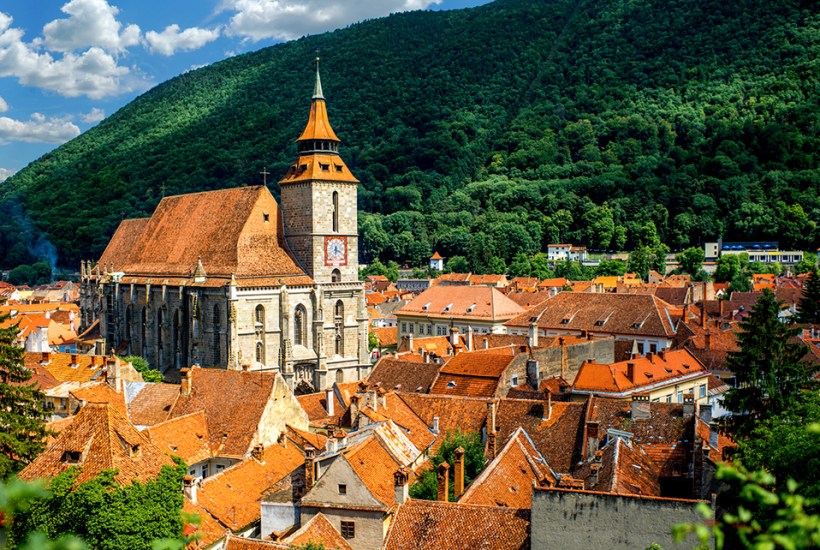

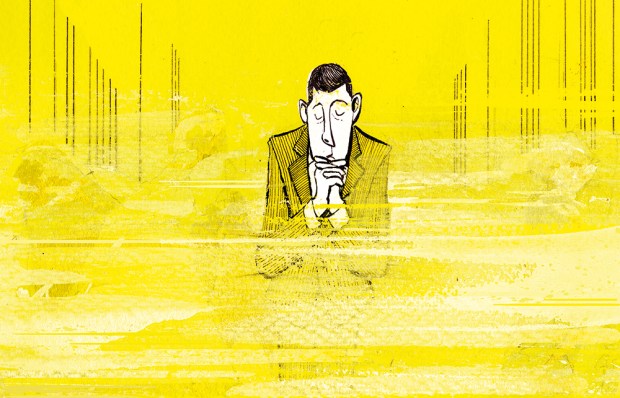
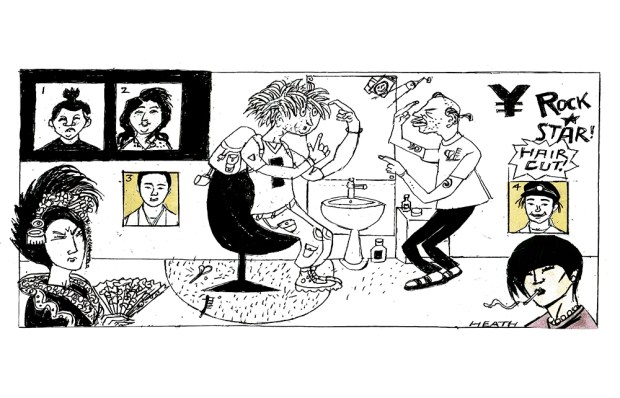
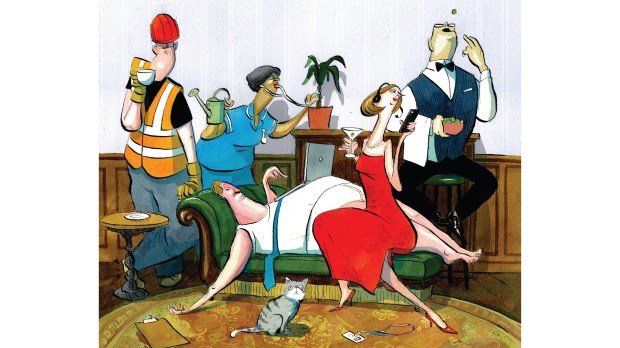
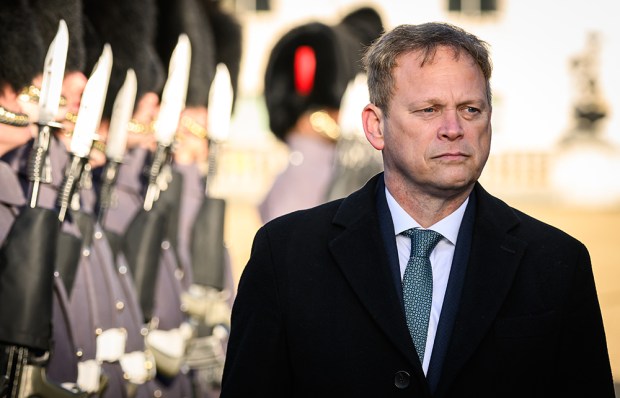







Comments
Don't miss out
Join the conversation with other Spectator Australia readers. Subscribe to leave a comment.
SUBSCRIBEAlready a subscriber? Log in